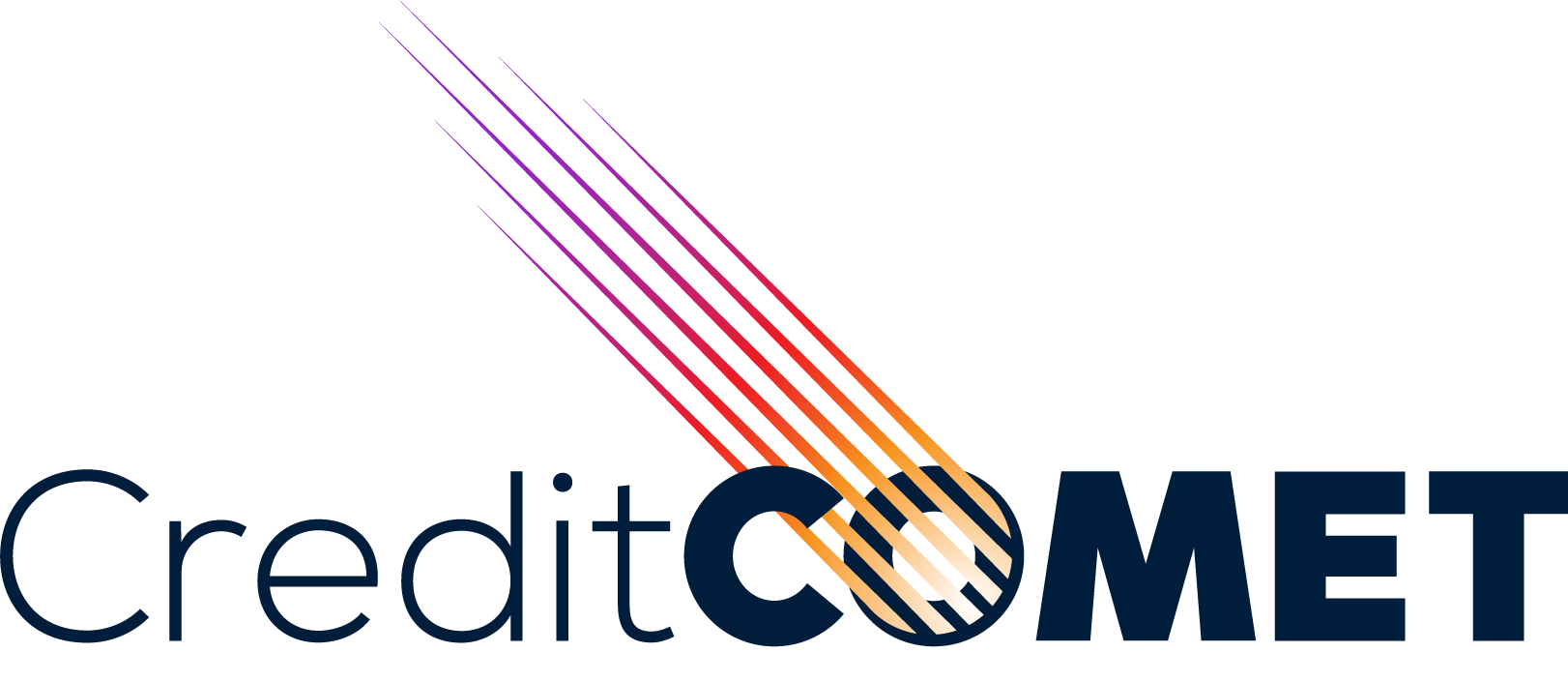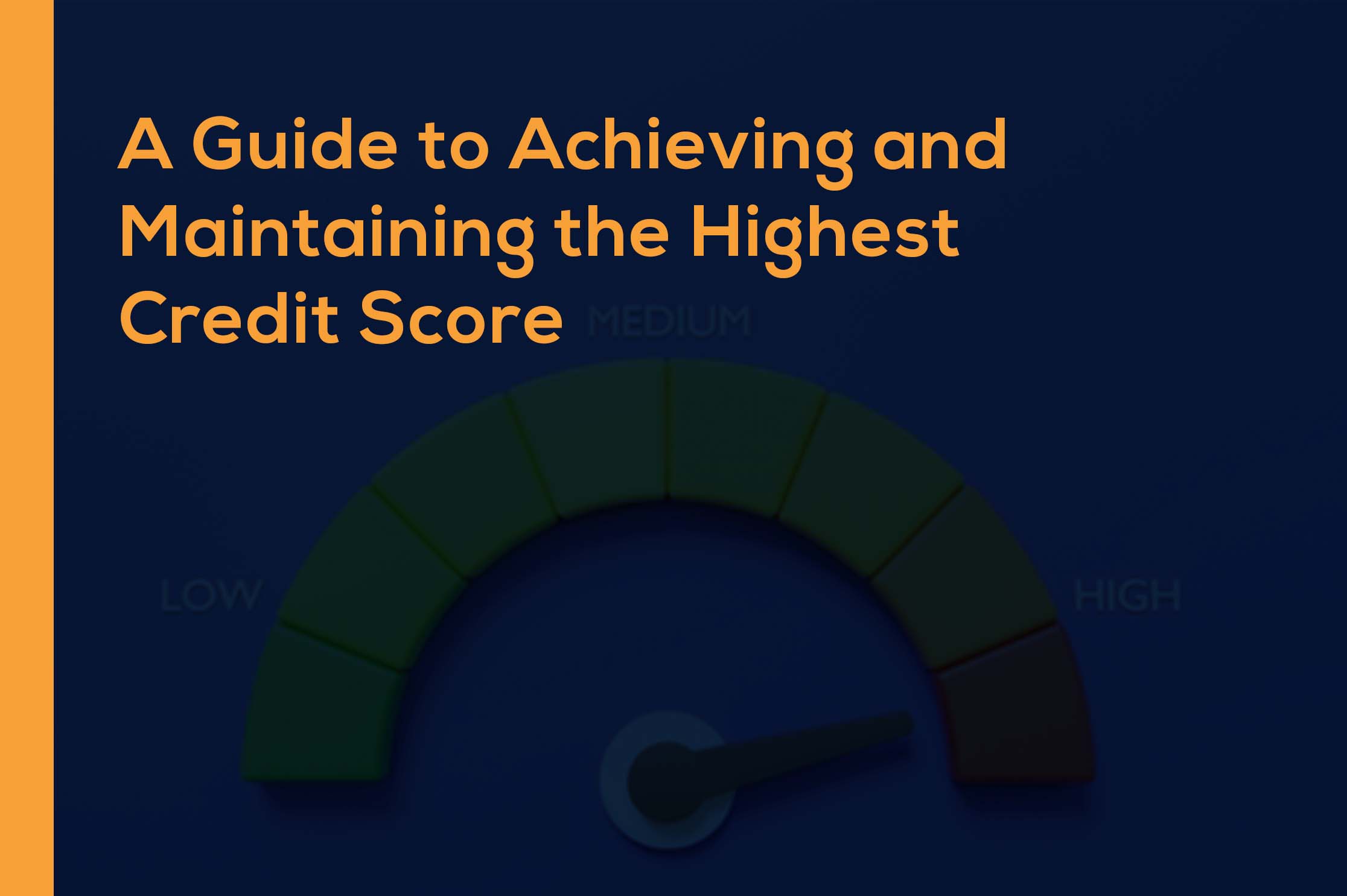Your credit score plays a critical role in your financial life, impacting your ability to secure loans, mortgages, and credit cards. Understanding how to achieve and maintain the highest credit score is essential for financial success. In this comprehensive guide, we have explored the various factors that influence your credit score and provided actionable tips to help you reach the pinnacle of creditworthiness.
What is the Highest Credit Score and Why Aim for It?
The highest possible credit score is 850, representing a perfect score achieved through consistent responsible credit behavior and effective financial management. While attaining a flawless 850 may be challenging, aiming for the highest score possible offers significant advantages for your financial future.
Factors Influencing Your Credit Score: A Deeper Dive
To achieve and maintain the highest credit score, it’s essential to delve deeper into the factors that influence this three-digit number. We have meticulously examined each factor to help you understand their impact and take appropriate measures to optimize your credit score:
Payment History (35%): Your payment history carries the greatest weight in determining your credit score. We have provided detailed insights into the significance of making on-time payments, the impact of late payments and defaults, and strategies to maintain a positive payment history.
Credit Utilization (30%): Credit utilization is a critical factor that represents the percentage of your available credit you are currently using. We’ve explored the ideal credit utilization ratio, the importance of keeping it low, and strategies to manage and reduce your credit card balances.
Length of Credit History (15%): The length of your credit history is an important consideration. We have delved into the importance of maintaining a long credit history, provided guidance on managing old credit accounts, and explained how closing accounts can affect your score.
Types of Credit in Use (10%): Having a diverse mix of credit types can positively impact your credit score. We have explained the benefits of having a variety of credit types and provided tips on managing different types of credit responsibly.
New Credit (10%): Opening multiple new credit accounts within a short period can be seen as a risk. We’ve outlined strategies to manage new credit responsibly, including spacing out credit applications and being mindful of the impact on your credit score.
Tips for Achieving and Maintaining the Highest Credit Score: Actionable Strategies
Achieving and maintaining the highest credit score requires a proactive approach and adopting responsible credit habits. We have compiled a comprehensive list of actionable tips to help you on your journey:
Regularly Check Your Credit Report: Monitoring your credit report for errors and inaccuracies is crucial. We have emphasized the importance of reviewing your credit report periodically and promptly reporting any discrepancies.
Set up Payment Reminders: Never miss a payment by utilizing payment reminders or alerts. Making timely payments is essential for maintaining a high credit score.
Pay Balances in Full: Paying off credit card balances in full each month is a proven strategy to maintain a low credit utilization ratio and optimize your credit score.
Avoid Opening Unnecessary Credit Accounts: While a mix of credit types is beneficial, we’ve cautioned against opening new accounts unnecessarily. It’s essential to be mindful of the impact of excessive credit applications.
Be Patient and Consistent: Building and maintaining a high credit score takes time. We’ve emphasized the importance of patience and consistency in practicing responsible credit habits.
Keep Unused Credit Accounts Open: Closing old or unused credit accounts can negatively impact your credit score. We’ve explained the significance of keeping these accounts open to maintain a longer credit history.
Use Credit Wisely: Responsible use of credit is equally important as having credit. We’ve provided guidance on avoiding credit card max-outs and borrowing only what you can comfortably repay.
Negotiate Credit Limits: If you’ve been responsible with your credit, we’ve encouraged considering negotiating higher credit limits. This strategy can positively affect your credit utilization ratio, provided you don’t increase your spending.
Diversify Your Debt: A mix of installment loans and revolving credit can contribute positively to your credit score. We’ve advised diversifying your debt responsibly and managing different credit types effectively.
Work with Credit Counselors: Seeking advice from credit counselors can be invaluable if you’re facing challenges managing your credit. They can provide guidance on debt management and help you make informed financial decisions.
Stay Informed About Changes: Keeping yourself informed about changes in your credit report and score is crucial. We’ve recommended regularly checking your credit score through reputable platforms to stay on top of any fluctuations.
Be Cautious with Co-Signing: Co-signing a loan may have ramifications for your credit score if the primary borrower defaults. We’ve stressed the importance of being cautious when agreeing to co-sign and ensuring you can handle the financial responsibility.
Frequently Asked Questions (FAQs): Addressing Common Concerns
We understand that managing your credit can raise several questions. We’ve compiled a list of frequently asked questions to provide clarity on common concerns:
How often should I check my credit score? We’ve advised regularly monitoring your credit score, recommending checking it at least once a month to stay informed about any changes or discrepancies.
Can I improve a bad credit score? Yes, it’s possible to improve a bad credit score with consistent effort. We’ve provided guidance on making timely payments, reducing outstanding balances, and practicing responsible credit habits to help you on your journey to improvement.
How long does it take to achieve a high credit score? Building a high credit score is a gradual process that varies depending on individual circumstances. We’ve provided insights into the timeframe involved and emphasized the importance of consistent positive financial behavior.
Conclusion: Achieving and Maintaining Your Best Credit Score
Attaining and maintaining the highest credit score requires a combination of responsible financial habits, patience, and diligence. By implementing the tips and strategies presented in this comprehensive guide, you can navigate the complexities of credit management and set yourself up for long-term financial success. Your credit score is a reflection of your financial responsibility, so make informed decisions to achieve the credit score you desire.

